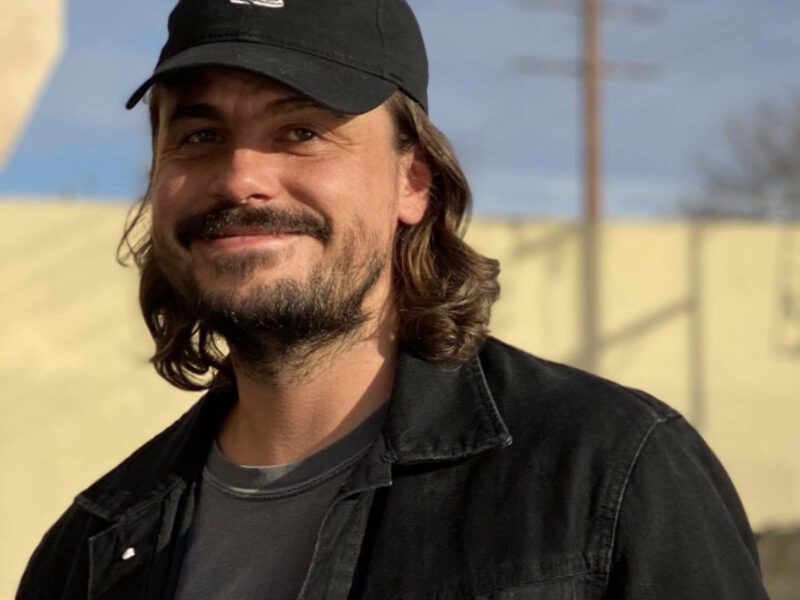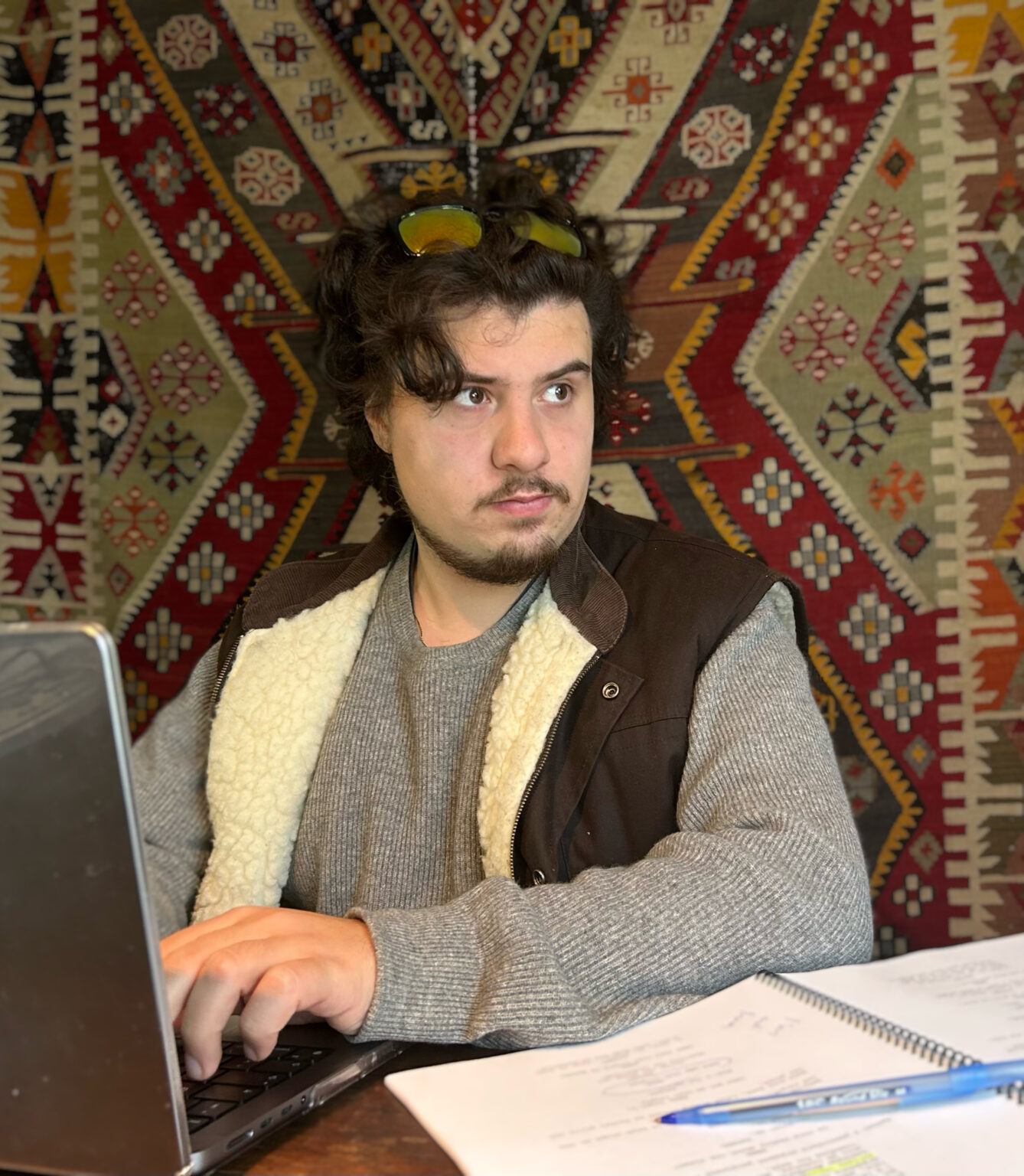
Keeping focus: Get to know ‘Yatra’ screenwriter David Barbeschi
David Barbeschi has a style all of his own. The screenwriter, who recently penned the short film Yatra: The Journey, has proven himself to be a distinct voice with his earlier projects, but Yatra is a mesmerizing blend of fantasy and character study that proves he’s a wordsmith worth watching.
Film Daily was fortunate enough to sit down with Barbeschi and discuss his career, including initial inspirations, plans for the future, and what a feature-length version of Yatra will look like.
Here’s what he had to say:
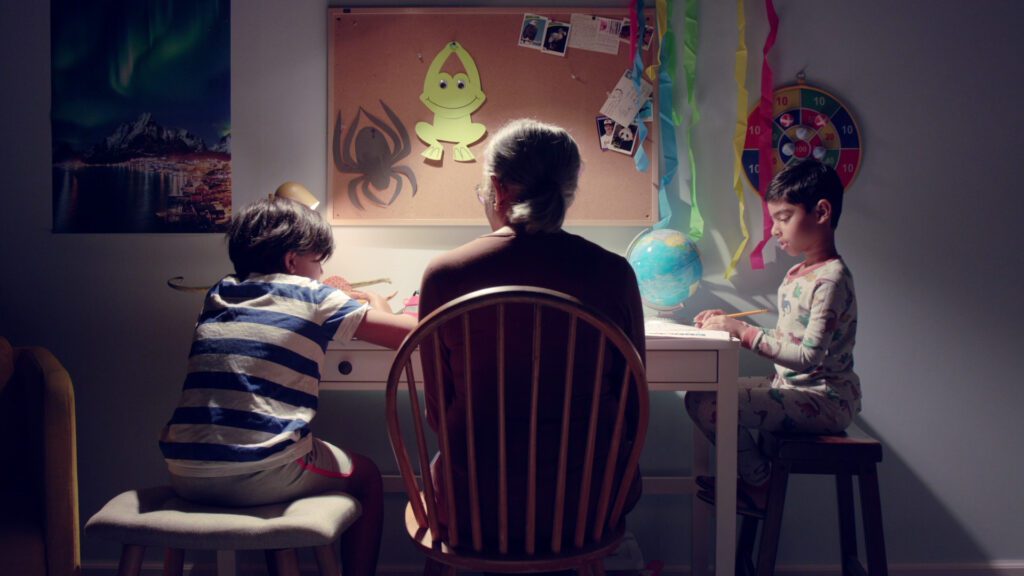
Tell us about your history as a screenwriter. How did you get started?
I originally started a more general, hands-on Film Production BA degree in the UK. I noticed around 2016 that my strengths lay in coordinating the production workflow as a producer and in crafting emotional dialog as a screenwriter. I opted to specialize in the latter by undertaking an MFA Screenwriting degree at the New York Film Academy’s LA Campus. I graduated in early 2019 and have been working as a professional screenwriter ever since.
Who were your primary writing inspirations growing up?
Dialog-wise, I’ve always loved how screenwriters like Aaron Sorkin or Quentin Tarantino can craft dialog scenes that – despite their length – captivate an audience and flow in a very natural, almost rhythmic manner.
My inspirations for the types of tales I like to tell (not specifically the writing but rather, the storytelling style) came from swashbuckling films such as Zorro, The Three Musketeers, The Lord of the Rings, Pirates of the Caribbean, or A Knight’s Tale.
You wrote the short Yatra: The Journey, which is set for release in 2023. How did you initially get involved with the film?
The star and executive producer of the short film, Vee Kumari, came up with the concept of Padma, a grief-stricken widow, embarking on a quest to save the two boys she tutors and cares for from the claws of vicious Rakshasa from the Ramayana. My duty was to take the synopsis she had written and adapt it to the screenplay format.
I was brought on board thanks to my knowledge of Indian culture and of the Ramayana, but also because of my short film Pawns on Omeleto; it also helped that I had worked on Fantasy genre projects beforehand, as my pilot spec script Odysseus had been accepted into multiple festivals and script competitions.
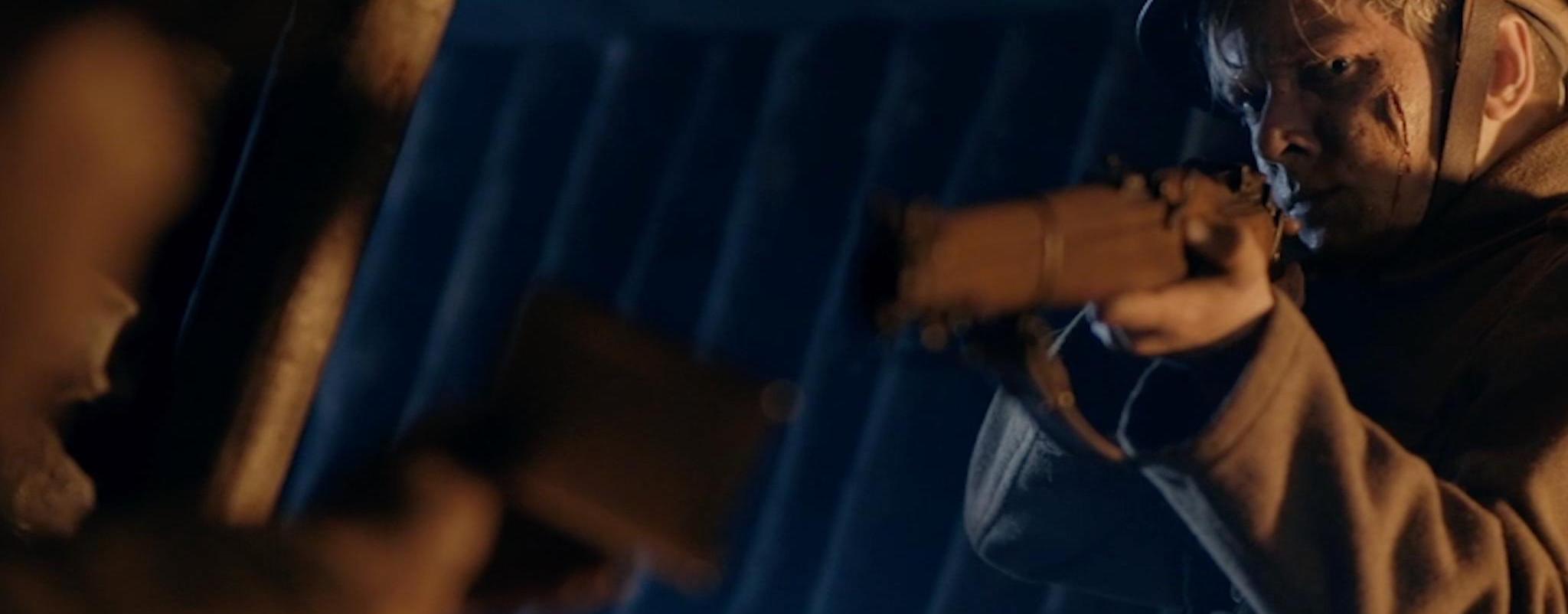
Did the script go through different iterations or have any major changes when you were brought onboard?
Originally, the project was supposed to be a limited web series, so that’s what I wrote: five to six episodes centered on Padma’s journey. As I kept writing, I reworked the content into a two-part TV pilot and into a short film format, which is ultimately the version of the story that Vee and director Gayatri Bajpai decided to go with.
It’s also worth pointing out that, in earlier drafts, the idea of portraying the creatures and gods of the Ramayana in animation form (thus resulting in a live-action/animation hybrid) was considered, and it was Padma that ended up in the world of the Ramayana… but we didn’t have the budget for it. That’s when Gayatri had a brilliant idea: “why not bring the demons into her world?”
Which is how the script evolved and became Yatra: The Journey. Viva teamwork!
The film does a masterful job of blending grounded themes with fantasy elements. Was it challenging to find the right balance between the two?
Yes, but also this quote from George Lucas came in handy during the writing: “[With fantasy], you can take issues, pull them out of their cultural straitjackets, and talk about them without bringing in folk artifacts that make people get closed-minded.”
And that’s what Yatra: The Journey tries to do, in my opinion; it uses the fantasy elements as visual manifestations of trauma and fears that Padma must overcome to, not only save the boys but also conquer her inner demons. It tells a story first, then dazzles you with spectacle, not the other way around.
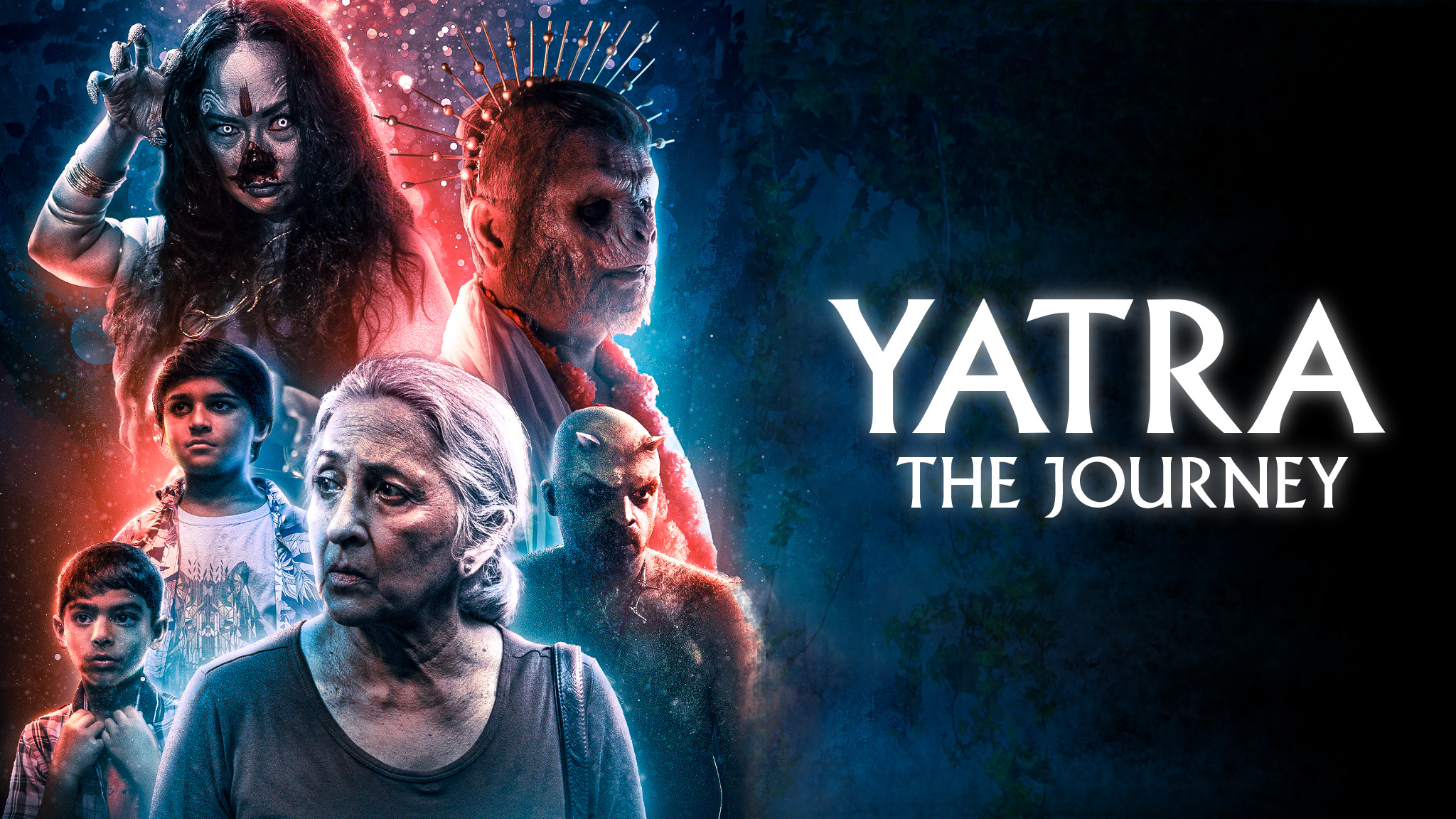
Yatra: The Journey is very character-oriented. Can you tell us about your process when it comes to writing effective character development?
I try to make them flawed but likable, even if they’re antagonistic.
I used to spend a lot of time crafting characters in a much more detailed manner (How do they speak? What’s their slang? What’s their favorite food?) and it’s good to know that kind of stuff. But it’s more important to bear in mind that – while it’s your job to make the viewer think this character is a person… To the writer, a character is just a tool, a vector to embody the themes you’re trying to share.
You only have about two hours to tell a story, so the character’s background needs to serve the story first and foremost, and their personality needs to reflect the themes or the anti-theme. As such, if the story calls for a character to be killed off for the sake of a bigger emotional reaction… you kill them off (and you do it right), be merciless!
Story and themes come first.
How important was the incorporation of Indian mythology in the script?
Essential, I would say. Yatra: The Journey tackles themes that weren’t necessarily explored in the areas of the Ramayana we were drawing from, but also because the Indian epics aren’t just ‘mythological’, they have a religious and spiritual dimension that is still relevant today. They’re not just ‘characters in a fable’, they’re figures that must be treated with respect.
As a screenwriter, how do you feel about improvisation? Do you like when actors make changes or do you prefer they (literally) stick to the script?
It really depends on the project.
In the case of Pawns, I had written every line with intention. Half of them were references to anecdotes or events that were personal to me, and there was the bonus that they all tied together perfectly… so when a few lines were cut during post-production or altered by the actors in the final scene, it was admittedly quite painful. I had to force myself to see that, objectively, the removal of those lines improved the pacing of the film.
But in other scripts I worked on, like The BIG Rant (available on Amazon Prime), the dialog is intentionally written to sound more natural and realistic, and thus lends itself more to improvisation and tweaking by actors (so long as the same rhythm can be kept).
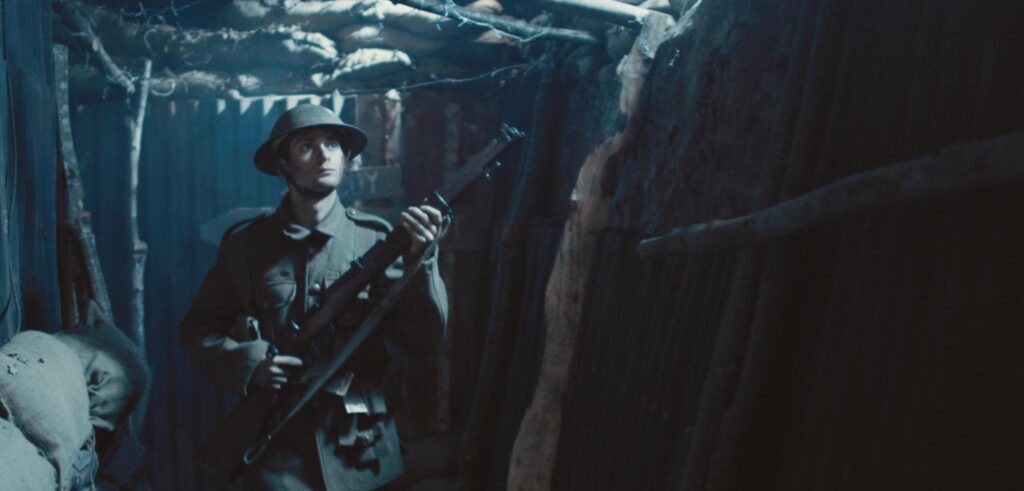
You are currently developing a feature length adaptation of Yatra: The Journey. Can you tell us anything about it yet? What can we expect?
The premise is similar, only with a more epic scale and – more importantly – a deeper exploration of the themes set up in the short film. Like the short film, the feature – simply titled Yatra – was very much a collaborative process with Vee Kumari.
I genuinely think this is the best screenplay I’ve written so far. Even before the final draft had been finalized, it had already made headway in a few competitions, placing in the quarter-finals at the ScreenCraft Sci-Fi & Fantasy Screenplay Competition and the semifinals of the Other Worlds Film Festival’s screenplay contest.
A story analyst at ScreenCraft celebrated our script by stating it “offers up a welcome and honest display of someone’s real lived experience, and the fact that this exists in tandem to a story that goes in such a fantastical direction is a testament to the balancing act being pulled off here”, also adding that “Padma and her interactions often feel like they have this extra dimension to them that is seldom seen in fantasy stories such as this.”
What was it like revisiting material that you helped create in the first place?
Something I found is that your first instinct, when adapting a short to a feature, is to go “wow, I have so much more space, now! Let’s explore this and that, let’s develop this tertiary character even more!” Thus, the real challenge is to reel yourself back in and keep the character arcs and themes focused and strong.
What has been your biggest professional success?
I want to say Yatra: The Journey, but it isn’t out yet. As such, so far, it’s a tie between Pawns and The BIG Rant.
Pawns is an obvious choice, if only for its popularity, with almost two million views on YouTube and over 30 awards and placements in festivals, as well as the splendid production value that came from History in the Making Ltd.
But The BIG Rant offered something I have rarely experienced in my career: the film’s director and I wrote the dialog for the character Zelig with a particular actor in mind: Keith Szarabajka (who plays one of my favorite characters in the show Supernatural, the prophet Donatello). So when he agreed to play the role, I was over the moon. If you ask me, he brought such gravitas to the part, and seeing such a talented performer recite the lines I wrote, even better than the way I had them in my mind, brought a whole other level of satisfaction, it raised the bar.
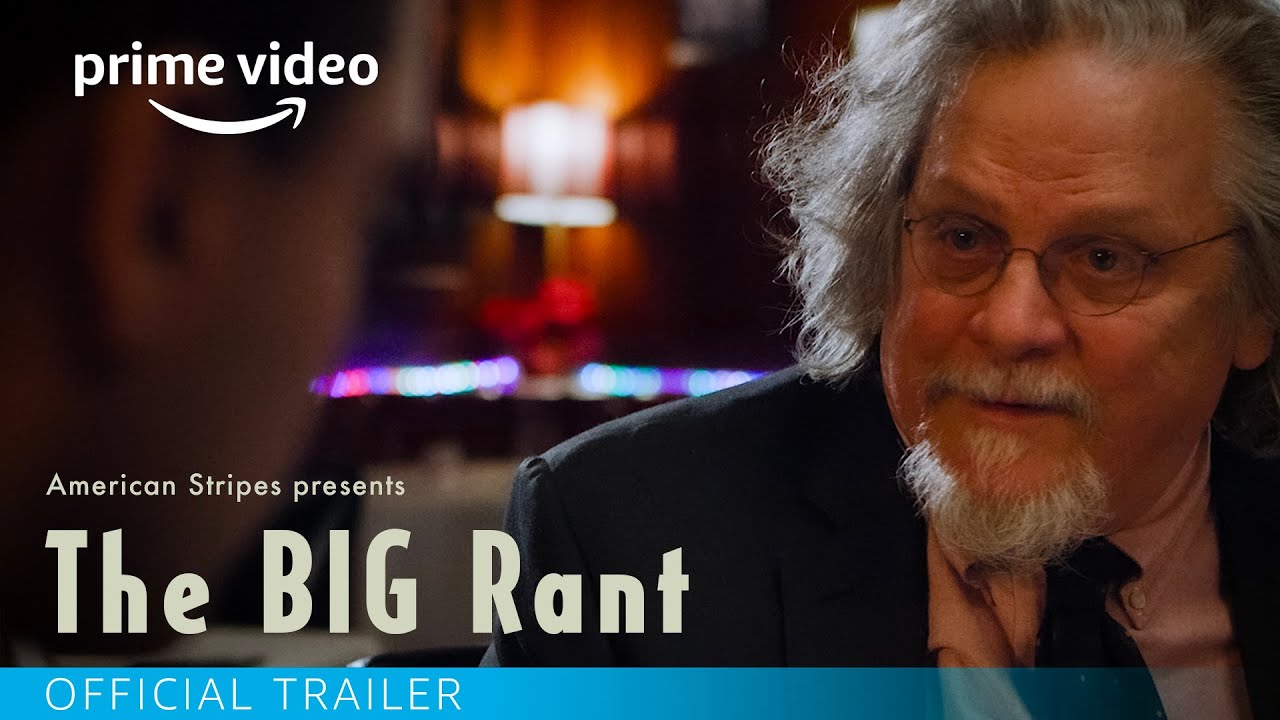
What about a professional setback? What did you learn?
Without wanting to name names, I’ll just say this: one sentence any screenwriter encounters at some point in their career is “anyone can write a script, how hard can it be?” I haven’t heard anyone say that about lighting a set or recording audio or scheduling a day of shooting, but I’ve heard it more than once regarding screenwriting, mainly from people who aren’t involved in the industry.
The truth is, while many can type on a keyboard using a screenwriting software… not everyone should.
So what I learned is to only take on clients who are involved in the Film industry to some degree, because they’ll be informed enough to be able to appreciate the work. Otherwise, you’re working for someone who thinks they can do your job better than you can, which isn’t conducive to great storytelling.
Can you tell us about any (other) upcoming projects?
Of course! Two other short films I wrote will be released this year: Paper Gloves and Lollie. I’ve also finished the first draft of a feature for Every Picture Films that tackles the themes of love, depression, and the art of Muay Thai.
There are a couple of other projects that I’m set to write for the next three years which unfortunately I’m not allowed to talk about, for now.
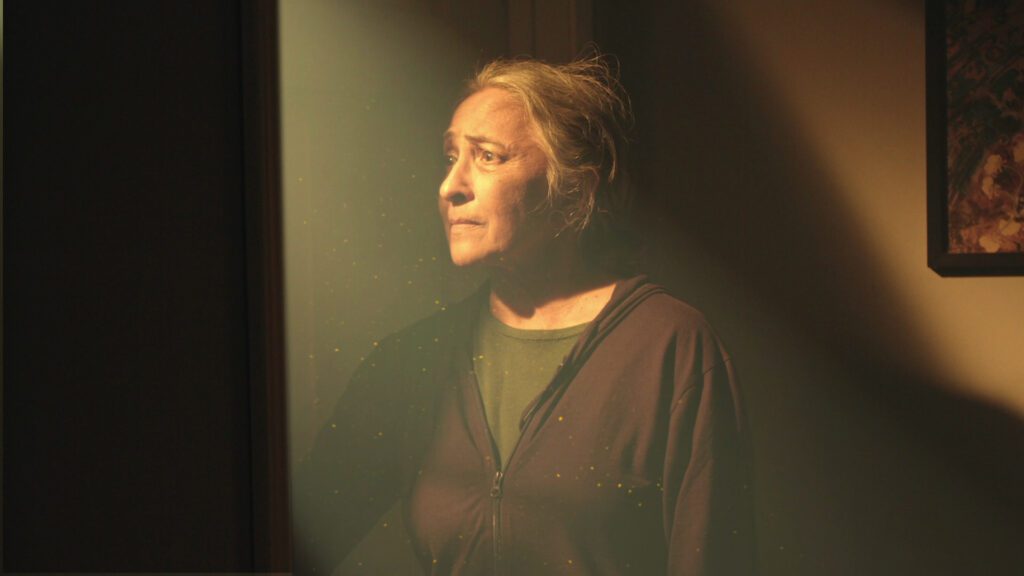
What advice do you have for aspiring screenwriters?
Firstly: networking is crucial. Especially in LA, where who you know is 80% of the legwork in getting your next script assignment. Meet people and build yourself a network, especially if you’re an introvert.
Secondly: if you’re trying to get your screenplay seen, my suggestion is “make something”. Anything. If you wrote a feature film? Make a short adaptation or tie-in – or hell, just take a scene out of it – then shoot it, and send it to festivals (like Damien Chazelle did with Whiplash, for instance). Short films and networking during the festival circuit are the ultimate calling cards.
Finally: write what you love, not just what you think sells.
Lastly, what is your favorite film of all time?
Star Wars: Episode III – Revenge of the Sith. It’s the film I’ve watched the most times, the one I can quote the most.
Is it perfect? I objectively gotta say “no”. But, subjectively, I think Lucas succeeded in what he set out to do, which is 1) explore how a good kid becomes a bad man and 2) how a democracy becomes a dictatorship. I think the answer to both those questions is that it happens from within, given enough pressure.
That’s what Palpatine is there for. He enables them to give in to the worse parts of themselves then sits back and watches them implode. He does this by orchestrating pressure and then swooping in, in the guise of a savior. With the Republic, he does this by engineering a war and then bringing about order (to the chaos he caused) as an Emperor. With Anakin, he does this by engineering conflict between him and his family – Padmé, Obi-Wan, the Jedi – then presenting himself before Anakin as the solution to all his problems.
As I said, it’s not “the best movie in the history of cinema”, but if you stop and think about it, I think it remains quite a nuanced and complex film nonetheless.






